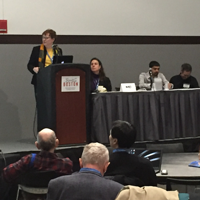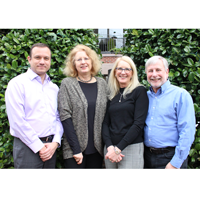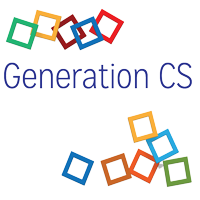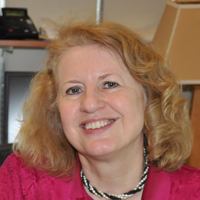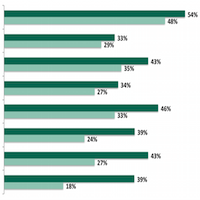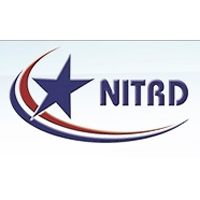
Computing Community Consortium (CCC) Response to NITRD “Smart Cities and Communities Federal Strategic Plan: Exploring Innovation Together”
The Networking and Information Technology Research and Development (NITRD) program, an interagency Federal-coordinating group, recently posted a draft Smart Cities and Communities Federal Strategic Plan for public comment. The Computing Community Consortium (CCC) responded to the request and submitted a response to the draft strategic plan.


